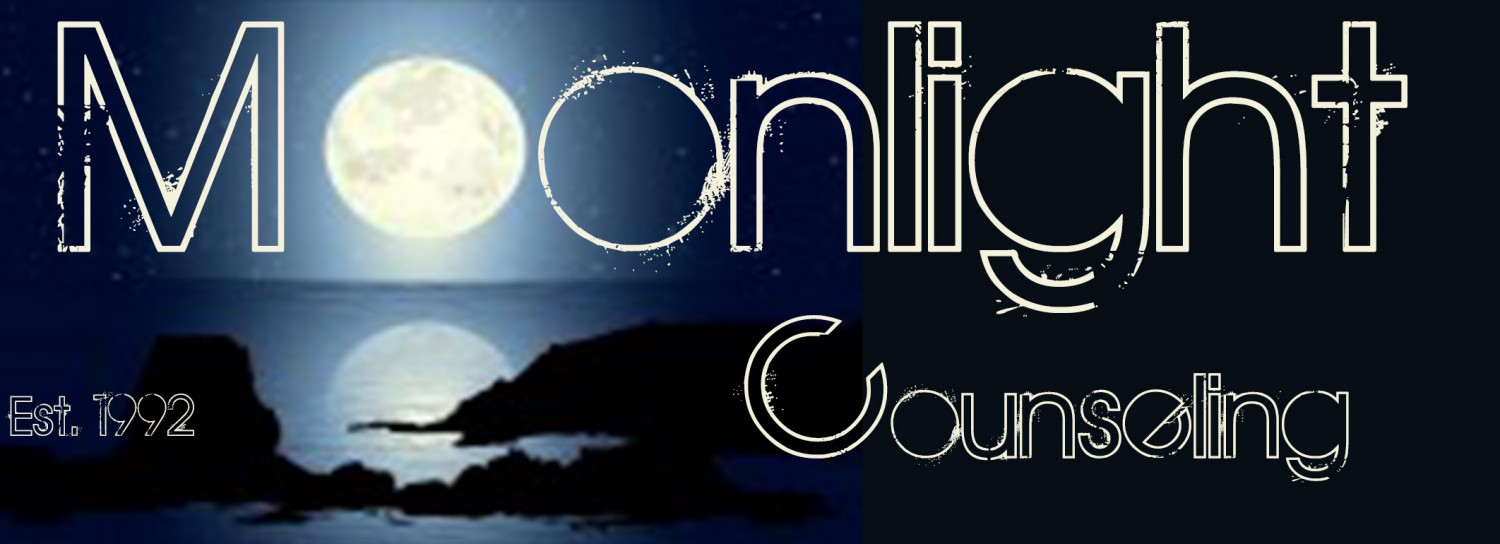-Relationships: Know Your TYPE (MBTI)
Know Your Jungian Personality Type, that is. It will help you better understand your own personality tendencies, style, strengths and weaknesses as well as areas for growth, improvement, or greater self-acceptance. It will also give you critical insight into the personality tendencies and style of people you are in relationship with, and better ways to communicate with them.
Your Myers-Briggs Type Indicator (MBTI)
Take this free online Jungian Typology Test based on MBTI (Myers-Briggs Personality Indicator) to learn more about your natural personality style. A useful tool in in both individual or couples therapy to help understand important thinking styles, similarities and differences.
NOTE: There are no “right or wrong” answers; if you’re not sure which response is more accurate, go with the answer you feel best reflects who you’ve been over the past year or who you are at rest. This survey is based on the Myers-Briggs Type Indicator (MBTI), the most widely-used type test in the world. It is not meant to label or reduce your full complexity and individuality. It gives important information about how you tend to perceive events, approach social situations, your strengths and weaknesses, and decision-making styles. If coming in for counseling, bring your results into our session and we can discuss them further.
As an example, below are Dr. Rosengarten’s MBTI results/profile after recently taking this test:
Idealist: Portrait of the Counselor (INFJ) Introverted Intuitive Feeling Type with a Preference for Judgment
Counselors have an exceptionally strong desire to contribute to the welfare of others, and find great personal fulfillment interacting with people, nurturing their personal development, guiding them to realize their human potential. Although they are happy working at jobs (such as writing) that require solitude and close attention, Counselors do quite well with individuals or groups of people, provided that the personal interactions are not superficial, and that they find some quiet, private time every now and then to recharge their batteries. Counselors are both kind and positive in their handling of others; they are great listeners and seem naturally interested in helping people with their personal problems. Not usually visible leaders, Counselors prefer to work intensely with those close to them, especially on a one-to-one basis, quietly exerting their influence behind the scenes.
Counselors are scarce, little more than one percent of the population, and can be hard to get to know, since they tend not to share their innermost thoughts or their powerful emotional reactions except with their loved ones. They are highly private people, with an unusually rich, complicated inner life. Friends or colleagues who have known them for years may find sides emerging which come as a surprise. Not that Counselors are flighty or scattered; they value their integrity a great deal, but they have mysterious, intricately woven personalities which sometimes puzzle even them.
Counselors tend to work effectively in organizations. They value staff harmony and make every effort to help an organization run smoothly and pleasantly. They understand and use human systems creatively, and are good at consulting and cooperating with others. As employees or employers,Counselors are concerned with people’s feelings and are able to act as a barometer of the feelings within the organization. Blessed with vivid imaginations, Counselors are often seen as the most poetical of all the types, and in fact they use a lot of poetic imagery in their everyday language. Their great talent for language-both written and spoken-is usually directed toward communicating with people in a personalized way. Counselors are highly intuitive and can recognize another’s emotions or intentions – good or evil – even before that person is aware of them. Counselors themselves can seldom tell how they came to read others’ feelings so keenly. This extreme sensitivity to others could very well be the basis of the Counselor’s remarkable ability to experience a whole array of psychic phenomena. Mohandas Gandhi, Sidney Poitier, Eleanor Roosevelt, Jane Goodall, Emily Bronte, Sir Alec Guiness, Carl Jung, Mary Baker Eddy, Queen Noor are examples of the Counselor Idealist (INFJ).
In relationships, INFJs are warm and affirming people who are usually also deep and complex. They’re likely to seek out and promote relationships that are intense and meaningful. They tend to be perfectionists, and are always striving for the Ultimate Relationship. For the most part, this is a positive feature, but sometimes works against the INFJ if they fall into the habit of moving from relationship to relationship, always in search of a more perfect partner. In general, the INFJ is a deeply warm and caring person who is highly invested in the health of their close relationships, and puts forth a lot of effort to make them positive. They are valued by those close to them for these special qualities. They seek long-term, lifelong relationships, although they don’t always find them.





